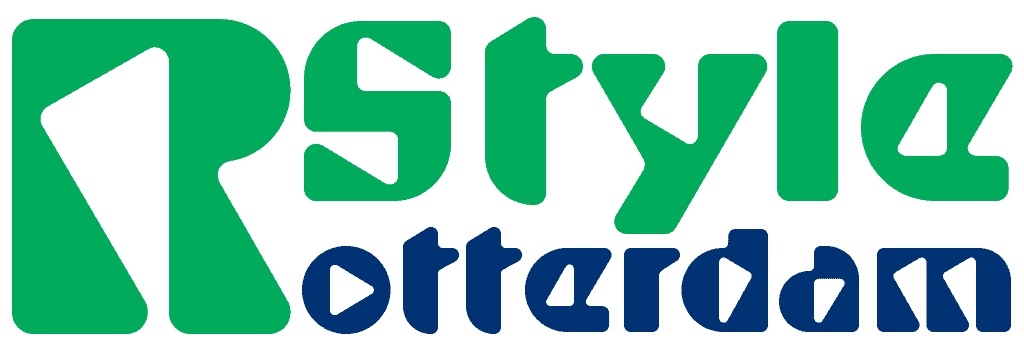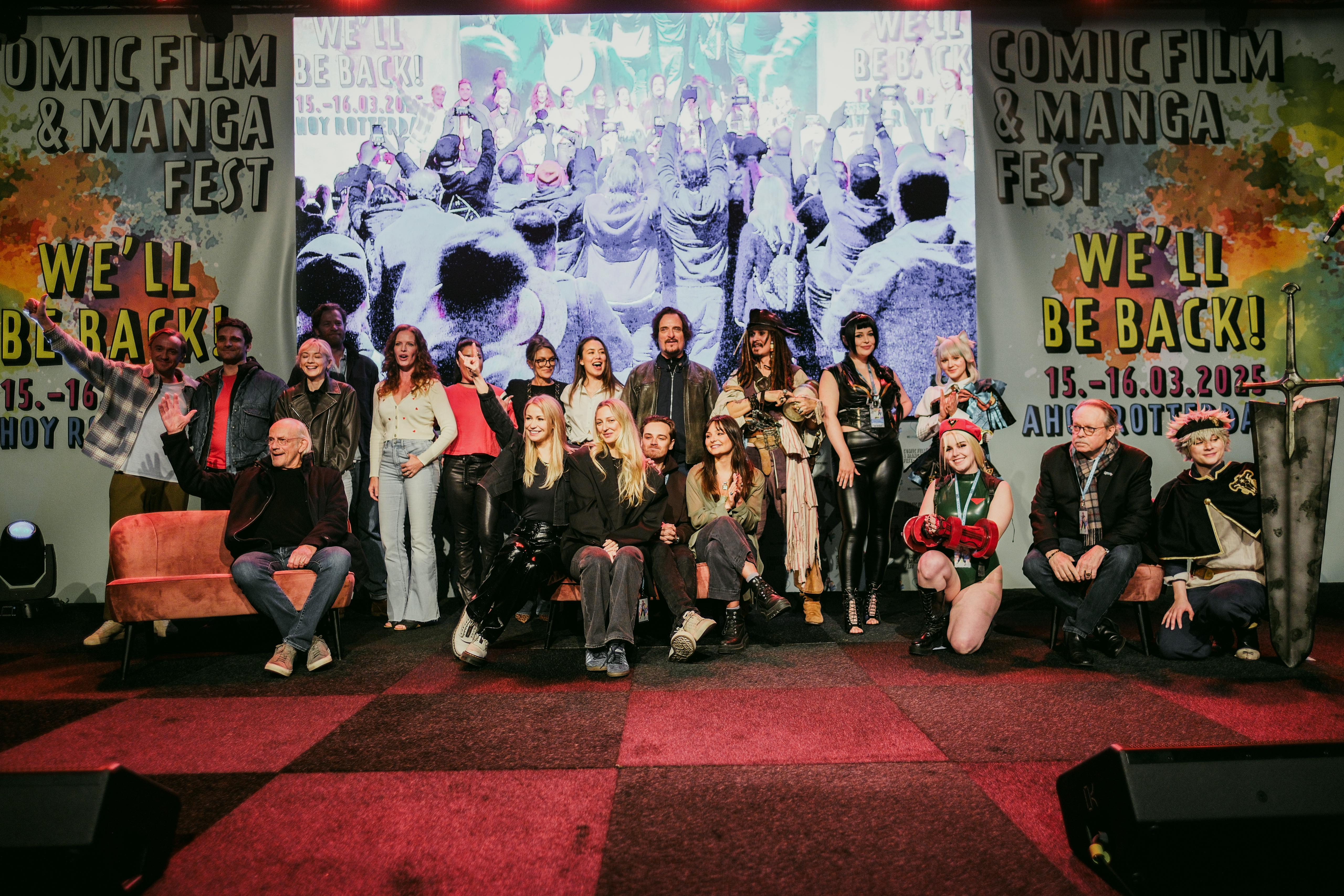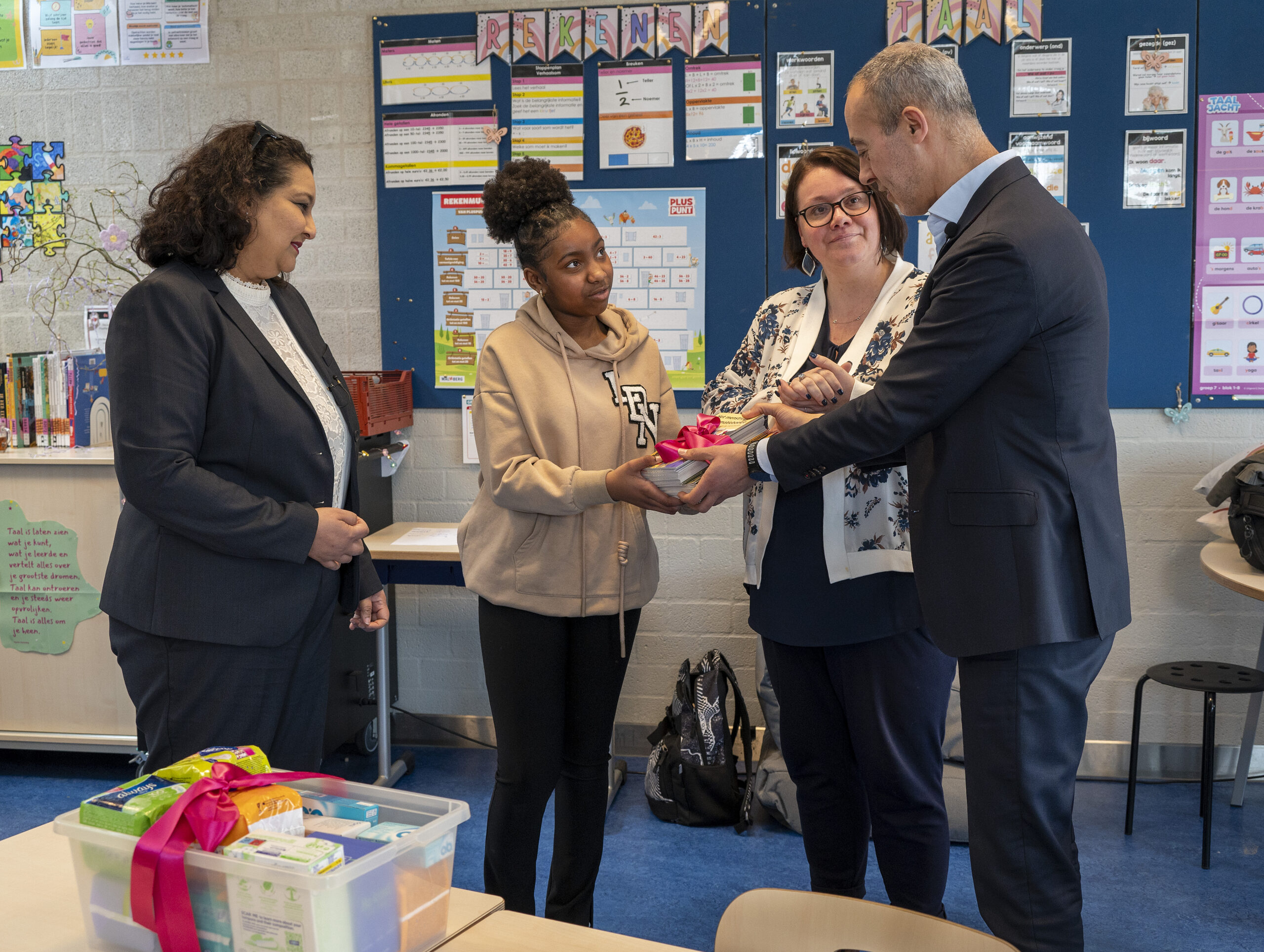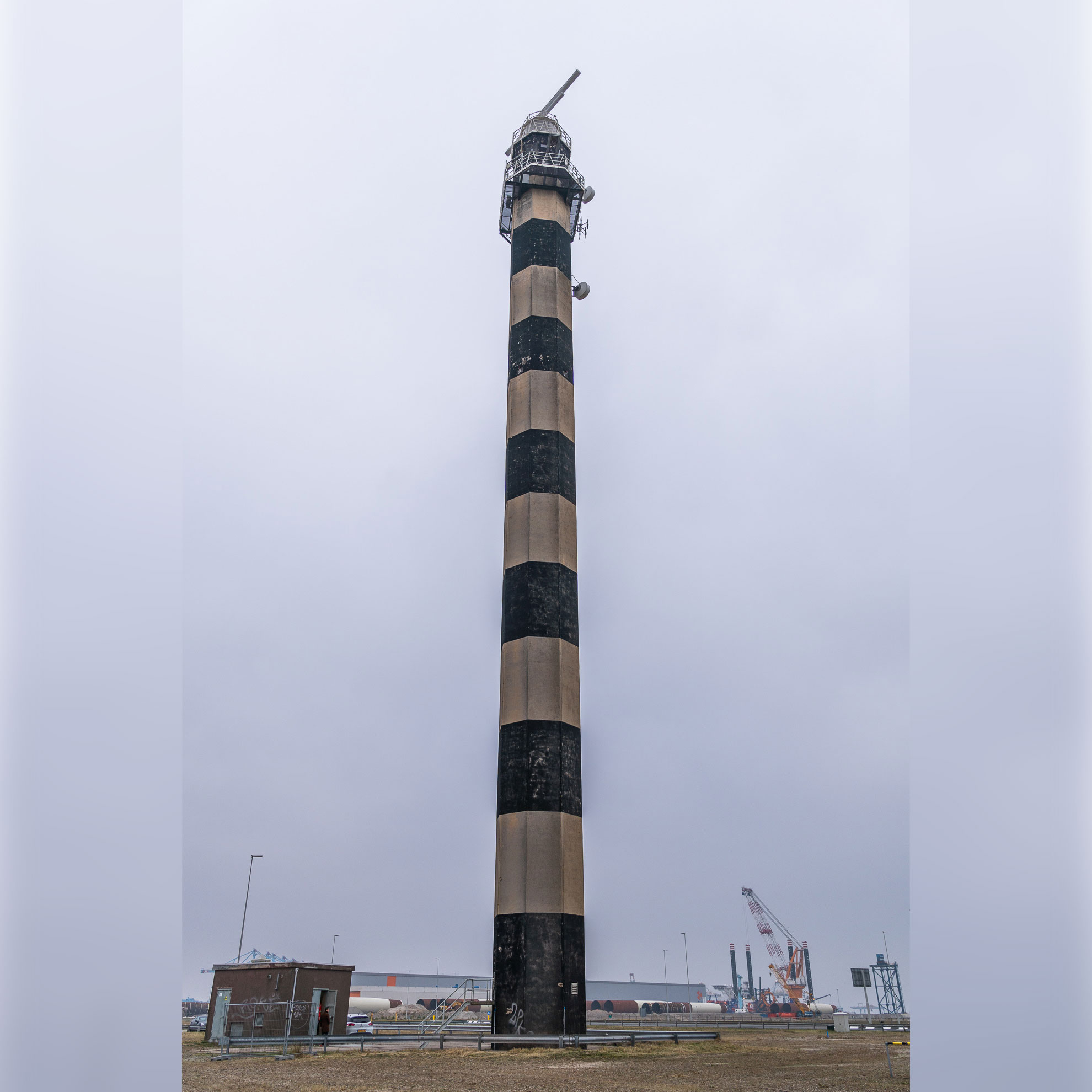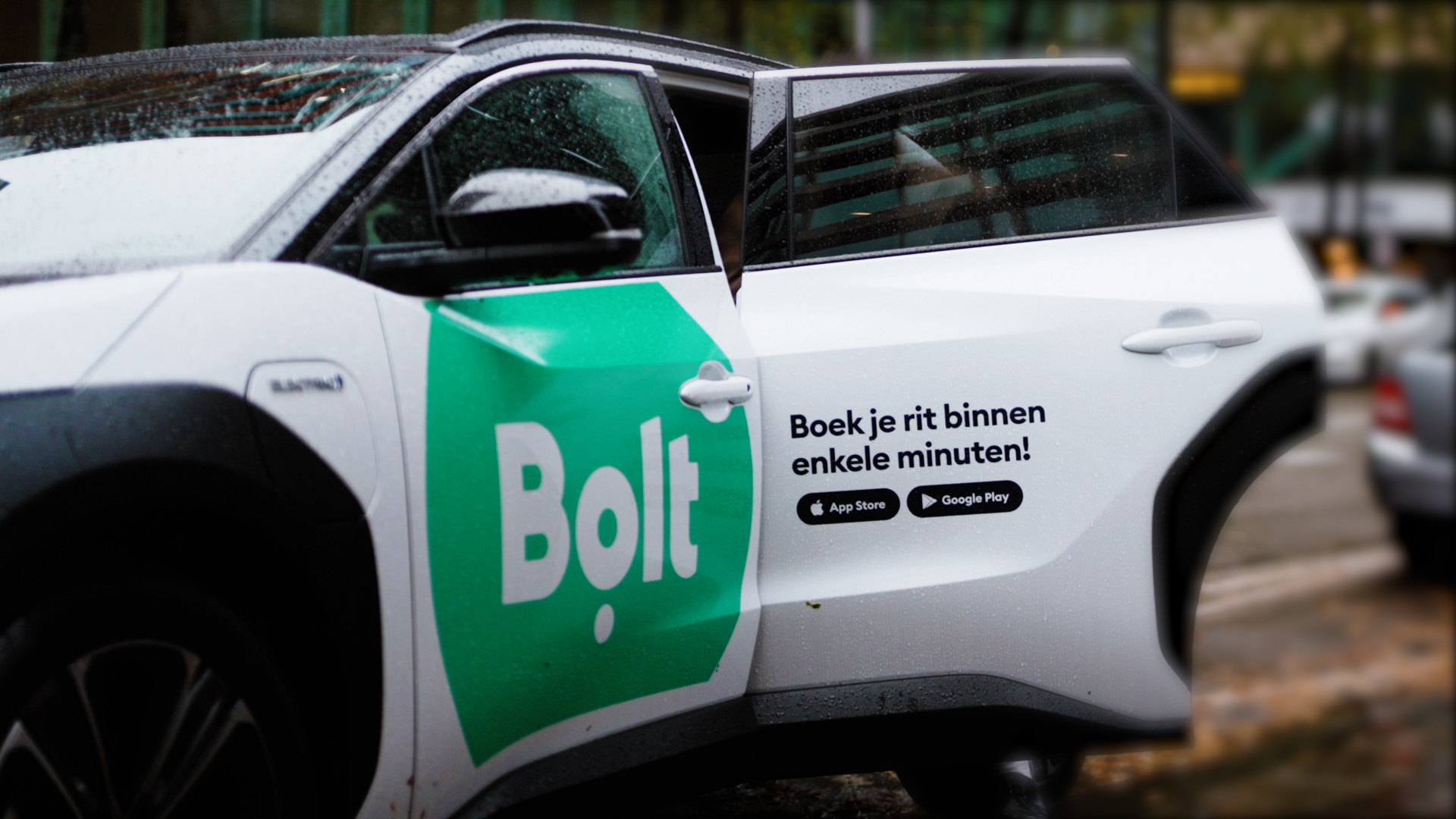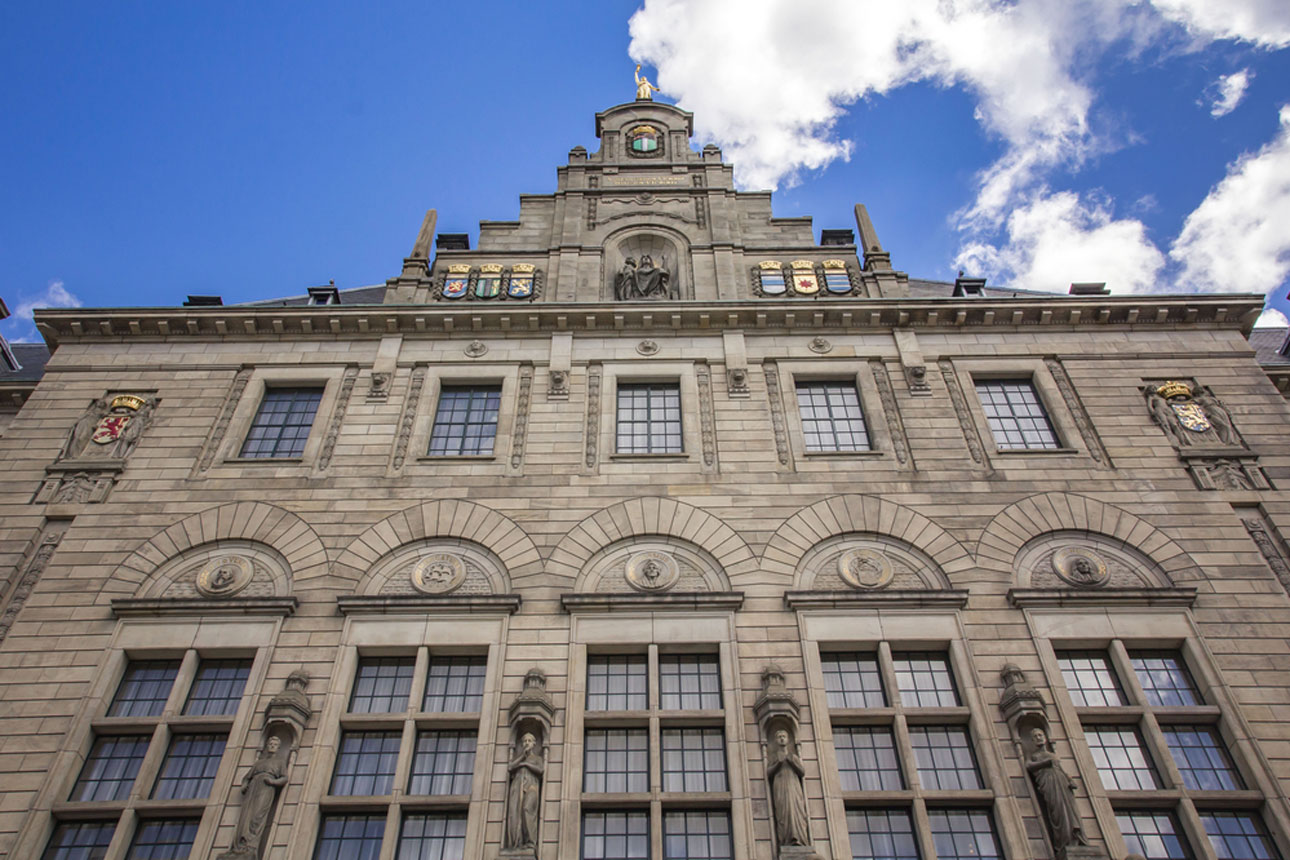ROTTERDAM, 26 March 2024 – After a hiatus of four years, the much-anticipated comic con event of the Netherlands made its grand return to Rotterdam, marking a memorable weekend filled with highlights at the Ahoy venue.
After being absent for four years, the Comic Film & Manga Fest made its comeback last weekend at the Rotterdam Ahoy, bringing together fans for a highly anticipated event. The festival, now rebranded and expanded, offered attendees an extensive programme featuring renowned international actors such as Tom Felton of Harry Potter fame, Christopher Lloyd from Back to the Future, and Jeff Ward known for his role in One Piece. With 6,500 visitors, the event successfully captivated a large audience.
A rich and varied programme
On the 23rd and 24th of March, the Ahoy venue was transformed into a paradise for enthusiasts of comic books, manga, anime, cosplay, board games, films, and TV series. The festival commenced with a celebratory opening on the main stage, where film stars and professional cosplayers were introduced. Highlights included photo opportunities with favourite artists, autograph sessions, meet & greets, and cosplay. Photoshoot booths, especially those themed around Stranger Things, Beauty & The Beast, and The Last of Us, were particularly popular, as was the opportunity to take photos with the DeLorean DMC-12, the iconic car from Back to the Future. The festival concluded on Sunday with a concert by Tom Felton.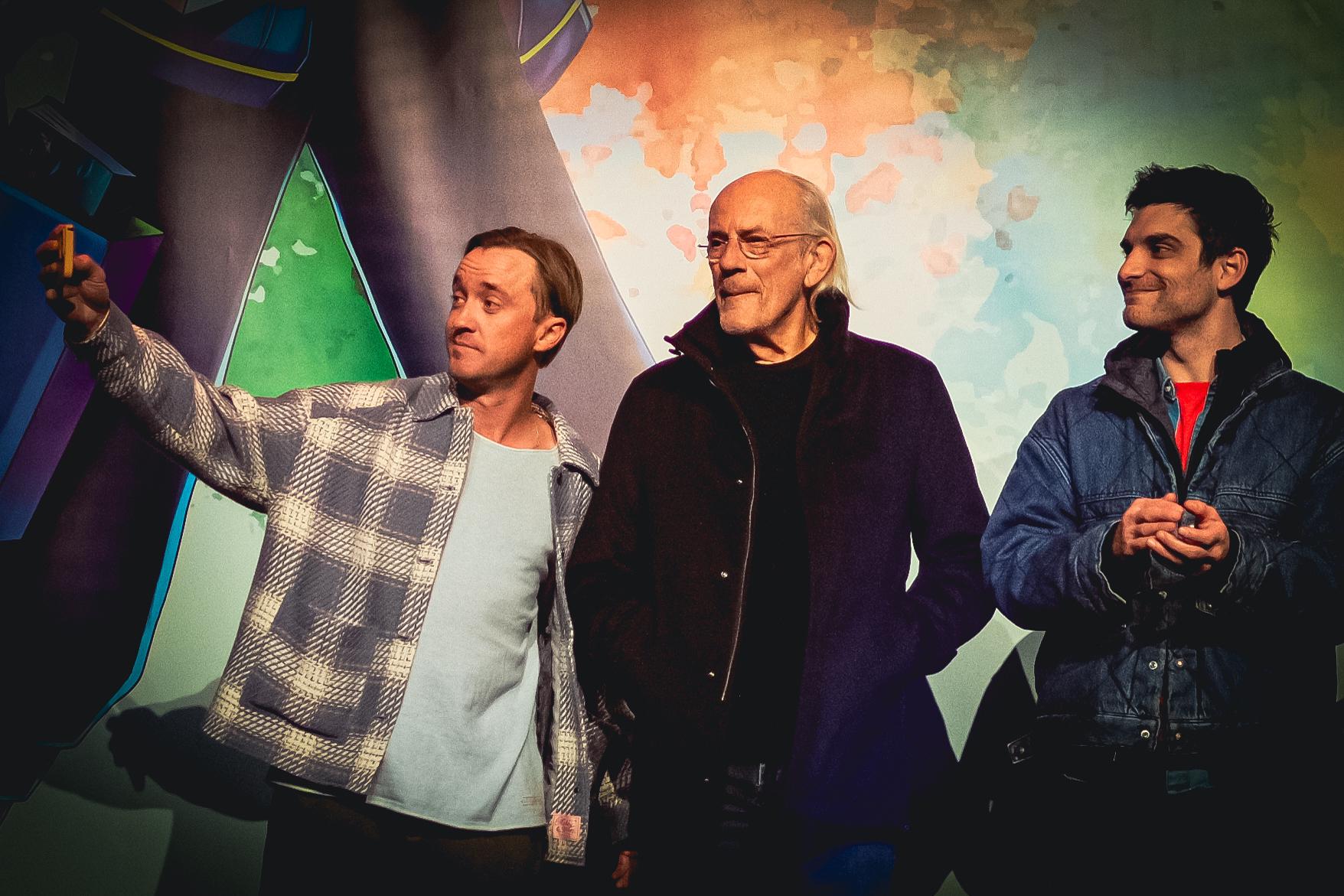 Recap: Comic Film & Manga Fest's triumphant return to Rotterdam
Recap: Comic Film & Manga Fest's triumphant return to Rotterdam
Tattoos, graffiti, cosplay competitions, and more
The event offered a plethora of activities for dedicated cosplayers and pop culture fans alike, including photoshoots, panel talks with favourite actors, comic artists, and cosplayers, as well as live draw & graffiti workshops. Attendees also had the chance to purchase action figures, posters, various merchandise, comic books, unique Asian food, and even get tattoos on site. In the artist alley, guests could meet various comic artists, including Robert van der Kroft, known for Sjors & Sjimmie.
A successful edition
The Comic Film & Manga Fest 2024 welcomed 6,500 visitors, providing an array of activities and experiences. The event was deemed a success, creating lasting memories for attendees and setting the stage for next year's edition, scheduled for 15 & 16 March 2025. Tickets are already available online.
